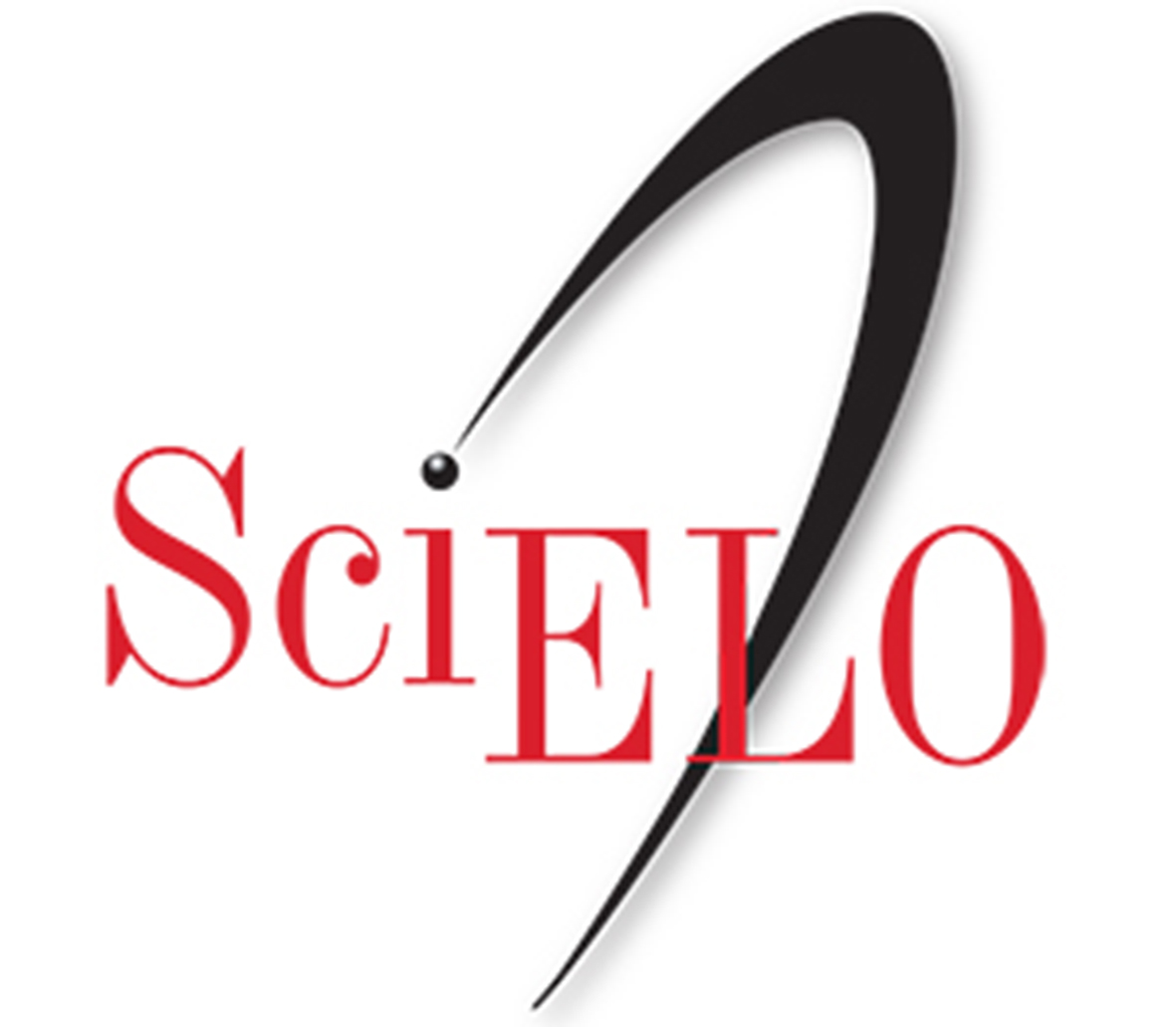DOS SOCIALISMOS UTÓPICO E REVOLUCIONÁRIO À ECONOMIA SOLIDÁRIA (from utopian socialism and revolutionary to solidarity economy)
Abstract
Grande parte das características que atribuímos às experiências associadas à economia solidária não são recentes, estão imbuídas de conceitos desenvolvidos por teóricos do século XIX que fizeram parte de correntes filosóficas como o liberalismo, o socialismo utópico e o socialismo revolucionário. Para elas contribuíram, por um lado, as ideias e as obras dos socialistas utópicos Saint Simon, Charles Fourier e Robert Owen; e por outro, as teorias revolucionárias desenvolvidas por Proudhon, Bakunin, Kropotkin, Marx e Lenin. Para entender esse processo elaboramos uma reflexão teórica sobre os ideais que fomentaram as experiências associativas desde último século e meio e que continuam presentes nos recentes movimentos sociais que se caracterizam pela prática da economia solidária.Palavras-chave: Movimentos associativos, Socialismo utópico, Teorias científicas e revolucionárias, Economia solidária.
ABSTRACT
Many of the features that we attribute to the experiences associated with solidarity economy are not new. They are imbued with concepts developed by nineteenth-century theorists who made as part of philosophical liberalism, socialism utopian and revolutionary socialism. For them contributed, on the one hand, the ideas and works of the utopian socialists Saint Simon, Charles Fourier and Robert Owen; and on the other, the revolutionary theories developed by Proudhon, Bakunin, Kropotkin, Marx and Lenin. To understand this process will elaborate a theoretical reflection on the ideals that promoted associative experiences in the last Century and a half, and they are still present in recent social movements characterized by the practice of solidarity economy.
Key words: Associative movements, Utopian socialism, Revolutionary scientific theories, Economic solidarity.
RESUMEN
Gran parte de las características que atribuimos a las experiencias asociadas a la economía solidaria no son recientes, están imbuidas de conceptos desarrollados por teóricos del siglo XIX que formaron parte de corrientes filosóficas como el liberalismo, el socialismo utópico y el socialismo revolucionario. A ellas contribuyeron, por un lado, las ideas y las obras de los socialistas utópicos Saint Simon, Charles Fourrier y Robert Owen; y por otro, las teorías revolucionarias desarrolladas por Proudhon, Bakunin, Kropotkin, Marx y Lenin. Para entender este proceso elaboramos una reflexión teórica sobre los ideales que fomentaron las experiencias asociativas en este último siglo y medio, que continúan presentes en los recientes movimientos sociales que se caracterizan por la práctica de la economía solidaria.
Palabras-claves: Movimientos asociativos, Socialismo utópico, Teorías científicas revolucionarias, Economía solidaria.
DOI:
How to Cite
ZAAR, Miriam Hermi.
DOS SOCIALISMOS UTÓPICO E REVOLUCIONÁRIO À ECONOMIA SOLIDÁRIA (from utopian socialism and revolutionary to solidarity economy).
Mercator, Fortaleza, v. 12, n. 2, p. 153 a 167, oct. 2013.
ISSN 1984-2201.
Available at: <http://www.mercator.ufc.br/mercator/article/view/1181>. Date accessed: 13 feb. 2026.
Section
ARTICLES
Keywords
Movimentos associativos, Socialismo utópico, Teorias científicas e revolucionárias, Economia solidária.
Authors who publish in this journal agree to the following terms:
- Authors retain the copyright and grant MERCATOR the right of first publication, with the work simultaneously licensed under the Creative Commons Attribution License, which allows the sharing of the work with recognition of the authorship of the work and initial publication in this journal.
- Authors are authorized to sign additional contracts separately, for non-exclusive distribution of the version of the work published in this journal (e.g., publish in an institutional repository or as a book chapter), with acknowledgment of authorship and initial publication in this journal.
- Authors are allowed and encouraged to publish and distribute their work online (e.g., in institutional repositories or on their personal page) at any point before or during the editorial process, as this can generate productive changes as well as increase the impact and citation of the published work (see The Effect of Free Access).
- Authors are responsible for the content of the manuscript published in the journal.






